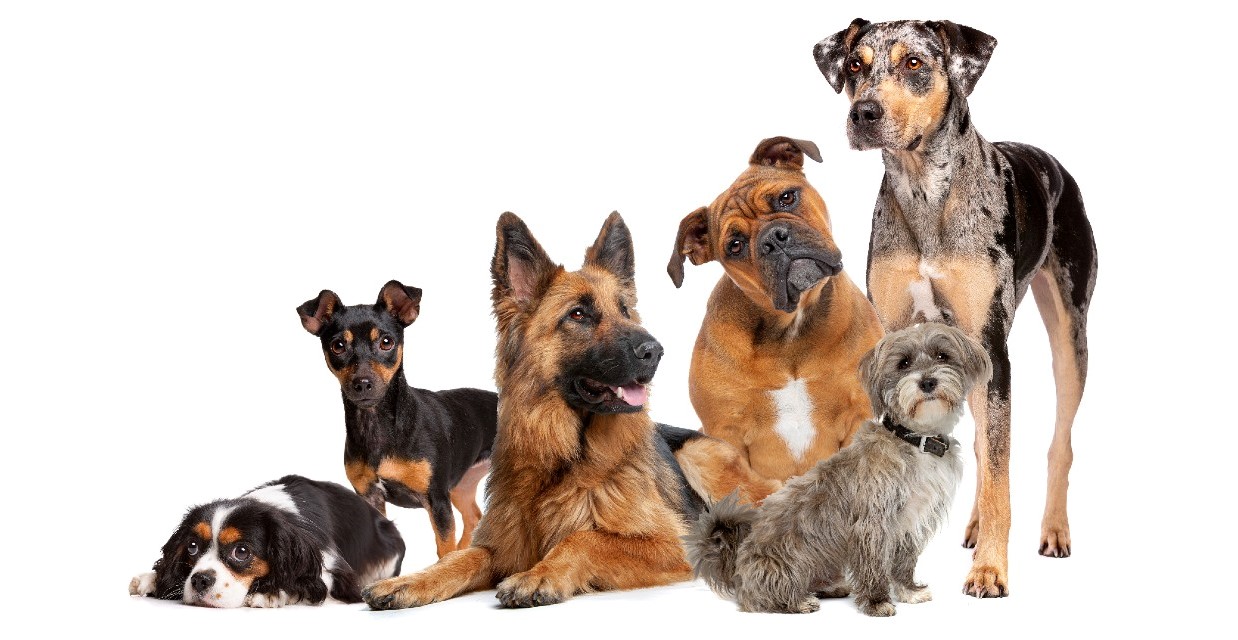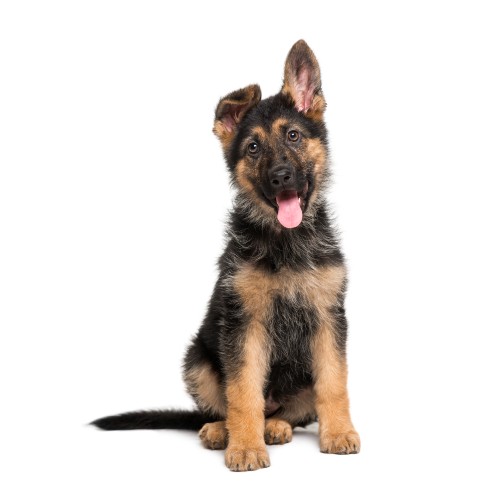In dogs, temperament refers to “individual differences in behaviour that are biologically based.”1 Breed-specific temperaments are traits that are unique to each breed because they vary and are distinctive from other breeds. Common breed temperaments can be found in each breed’s breed standard. Temperament can also vary between individuals of the same breed in which individuals displays different personalities similar to how people who are members of the same family have their own distinct personalities2.
Breed temperaments are innate and predisposed ways a certain breed tends to respond to a range of stimuli.
Personality types in dogs
Personality in dogs is typically assessed using a variation of The Big Five personality assessment for humans. Research has identified similar personality dimensions in dogs3. These include:
- Extraversion – refers to how energetic and outgoing a dog is
- Motivation – refers to how self-assured a dog is
- Training Focus – how responsive a dog is during training
- Amicability – how friendly and sociable a dog is
- Neuroticism – reflects nervous sensitivity in a dog
Individuals of the same breed tend to share similar personality traits, but not always.
Dog breeds and their usual temperament and personality traits
Let’s look at some common dog breeds and their typical personality traits…












